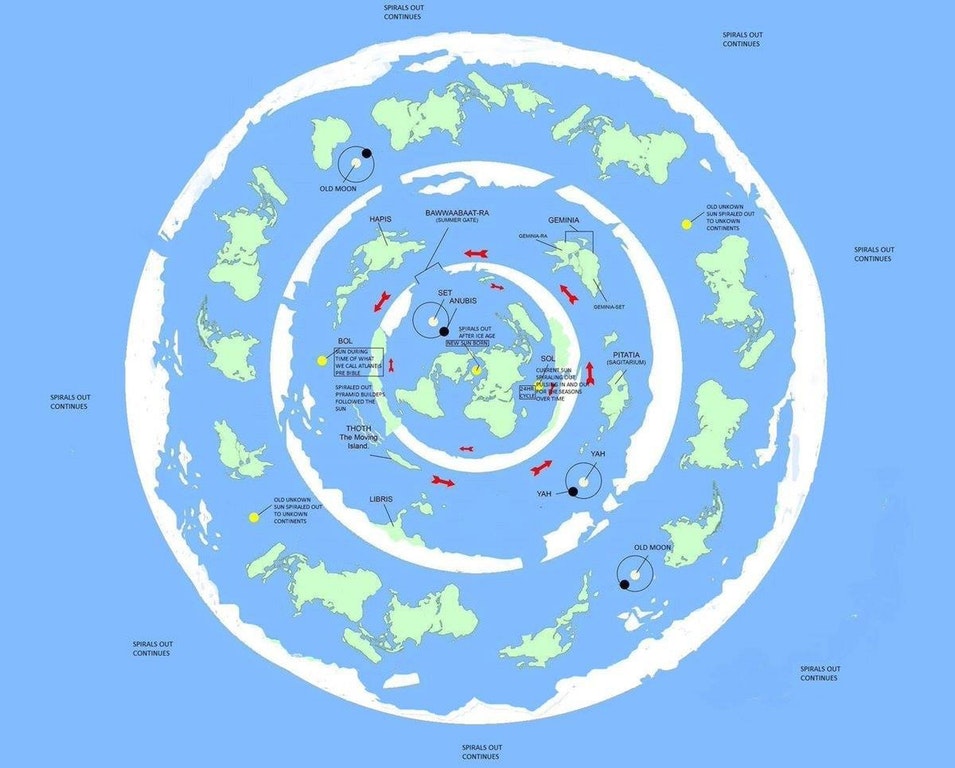USA: Venezuelans are going hungry. Why won’t the country accept aid?
BOGOTA, Colombia — As Colombia took additional steps Thursday to control the growing exodus of Venezuelans pouring across the border, President Juan Manuel Santos asked his Venezuelan counterpart to do the one thing that might help stem the flow: accept food and medicine.
Speaking in the border city of Cucuta, where Venezuelans have been sleeping in the streets and overwhelming hospitals, Santos said the chaos was being created by Venezuelan President Nicolas Maduro.
“This is the result of your policies; it’s not the fault of us Colombians,” Santos said. “And this is (also) the result of your refusal to accept help, humanitarian aid, which we have offered in every way possible — and it’s not just us, but the international community as well.”
Trapped in an economic crisis that includes hyperinflation, and food and medicine shortages, hundreds of thousands — if not millions — of Venezuelans have fled the country in recent years. In neighboring Colombia alone, authorities estimate that there are anywhere from 560,000 to 700,000 Venezuelans.
And yet the socialist administration in Caracas won’t acknowledge that it has a crisis on its hands, refusing offers of food and medicine from its neighbors and aid agencies, including the Catholic Church.
On Thursday, several dozens of people marched in Venezuela’s capital demanding access to basic medicine and medical treatment, waving banners that read, “We don’t want to die.”
Gaby Arellano, an opposition deputy in Venezuela, has been lobbying for “humanitarian corridors” that might allow the free flow of food and medicine from Colombia and Brazil.
She said Maduro and his allies are opposing the idea because “they would have to acknowledge that their (socialist) political model has failed.”
“They’d have to acknowledge that they’ve stolen all of our resources,” she added.
Venezuela is sitting on the world’s largest oil reserves and was once one of the hemisphere’s wealthiest nations. But 19 years of economic missteps and corruption — first under Hugo Chavez, who died in 2013, and now under Maduro — have turned the nation into the region’s economic basket case. Hunger and disease are now rampant.
Despite the crisis, Venezuela is holding snap presidential elections on April 22 — eight months earlier than usual. And even though Maduro has low approval ratings, analysts say a rigged system and a divided opposition likely means he’ll win another six-year term.
The government has refused to acknowledge the severity of the problem, often blaming its woes on opposition sabotage and “economic warfare” being waged from Washington. As a result, with little help coming into the country, Venezuelans are being forced to look abroad for food and help.
On Thursday, Santos said that Colombia hadn’t been prepared for the mass influx, announcing a raft of new measures to help handle the surge of people.
Along with assigning 3,000 additional officials to deal with Venezuelan migrants, Colombia also quit issuing “border mobility cards” that allowed hundreds of thousands of Venezuelans to move back and forth across the border — usually to purchase food.
Instead, Venezuelans entering the country for the first time will now need valid passports, a tall order in a country where they’re often in short supply or can take months to issue.
Venezuelans already in Colombia will have 90 days to register with government authorities as the country tries to get a clearer picture of the community’s situation and needs, Santos said.
In Cucuta, a steamy trade town separated from Venezuela by a river, Santos said authorities were building a temporary shelter that could house 2,000 people in addition to the 250-bed shelter that already exists.
While Arellano and Venezuela’s opposition-controlled National Assembly have asked the United Nations High Commissioner for Refugees (UNHCR) to establish more robust, permanent camps in Colombia and Brazil, that’s unlikely.
“UNHCR’s worldwide policy is that refugee camps should be the last resort and in any case only a temporary measure in response to forced displacement,” UNHCR Colombia Representative Jozef Merkx said in a statement. “For UNHCR there are viable alternatives to camps, which include, for example, temporary shelters, rented housing, or even private hosting arrangements.”
Even so, the organization is assisting Colombia and Brazil with temporary shelters, where migrants might stay a few days before continuing their journey.
The real needs are inside Venezuela, where malnutrition is growing and cases of chronic diseases are spreading.
While the United States has been turning the screws on Caracas through financial sanctions and other measures, it has also said it is prepared to deliver humanitarian aid to the country.
Earlier last week, U.S. Secretary of State Rex Tillerson said the White House was considering using resources earmarked for Venezuela to help Colombia confront the migratory crisis.
That Venezuela refuses to accept aid is something of a regional mystery. Despite its own hardships, the administration often jumps at the chance to provide aid abroad. After hurricanes Maria and Irma last year, the government sent food and emergency crews to the Caribbean, and Caracas also sent aid to Ecuador after that country’s 2016 earthquake.
While some argue Venezuela won’t take aid out of ideological pride, others see more nefarious reasons.
Ruben Chirino Leanez, a political analyst and pollster, said the crushing shortages in the country give the administration power.
“To force people to stand in line for hours for a roll of toilet paper, a piece of bread or a bit of meat — in a sense that’s a form of crowd control,” he said.
People have little energy for protesting and rallies, he suggested, “when even the most basic items are at risk.”
That the scarcity is causing an exodus may be icing on the cake for the Maduro administration. “You’re losing people who are probably opposed (to the administration) anyway,” Chirino said.
For Colombia, the influx is a role reversal. During the country’s six-decade civil war, millions of people were displaced — including more than 1 million who fled to Venezuela.
On Thursday, Santos acknowledged the historical debt with the neighboring country, and asked Colombians to tame any “xenophobic” impulses they might have.
“Venezuela was very generous when Colombians (left) looking for a better life,” he said. “We, too, have to be generous with Venezuelans.”



Comments
Post a Comment